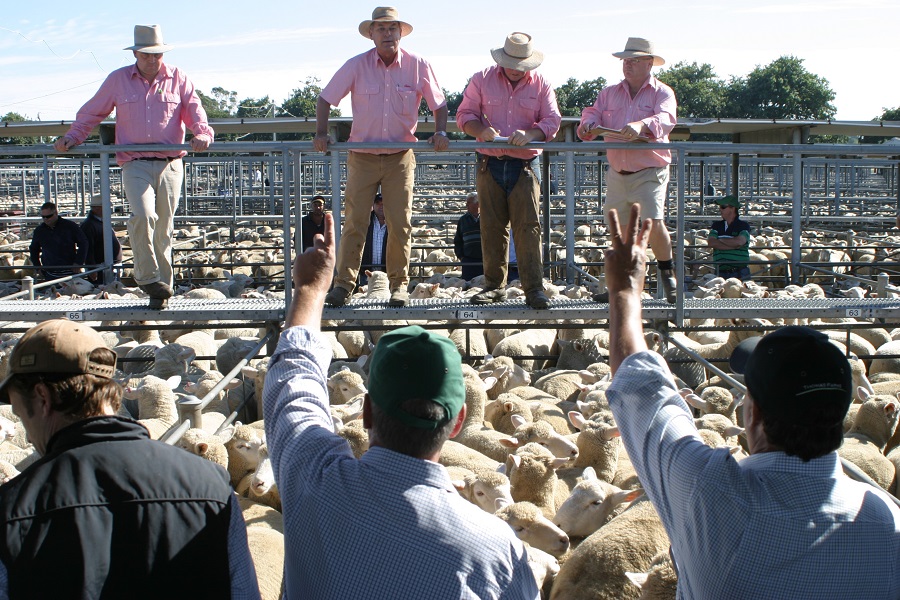Latest listings on Jobs Central recruitment page:
- Policy Director (Sheepmeat Council of Australia)
- Sheep Operations Coordinator (LSS)
- Chief Executive Officer (Herefords Australia)
- Stockperson – Mirambee Feedlot (Mirambee)
- Farm Manager, Goats – Cayman Islands (Agricultural Appointments client)
-
- Market Access and Communications Officer (Sheepmeat Council of Australia)
- Overseer – Nockatunga Station (CPC)
- Chief Executive Officer – Rangers Valley
- Stockperson – Wainui Feedlot (North Australian Pastoral Co)
- Stockperson – Lillyvale Feedlot, Condamine
Click here to access these and other exciting meat and livestock supply chain jobs currently listed on Jobs Central.
RECRUITMENT across the red meat and livestock supply chain reaches its seasonal peak during the January-to-March quarter, so it’s still worth refreshing employers’ minds about what really counts when it comes to attracting top candidates.
Attracting the attention of applicants for an upcoming employment opportunity can be tough for any employer – large or small. In a strengthening job market across the rural sector, applicants have a lot more choice on where they might want to work.
Recruitment companies around the world – including in Australia – are looking at what candidates want from a job.
They found finding the most qualified candidate with the best skills and matching them to the right employer was not always easy.
So what can businesses in the beef supply chain do to make job offers more attractive to applicants looking to take a new step in their careers?
Don’t take applicants for granted
Many companies took too long to find the perfect candidate, a recent recruitment survey found.
Research found businesses were often missing out on applicants, who had taken another job offer after not being prepared to wait around for a decision.
MRINetwork, an international recruitment company, found applicants wanted the employer to make them feel highly sought-after to join their business.
Also, 83 percent of recruiters described the market for employees as now driven by applicants who recognised their higher level of value.
This highlighted the necessity for companies to seek-out an expert recruitment partner, to better understand what applicants are looking for to avoid being disappointed.
Compensation is still key
The survey also found that the most common reason for rejecting a job offer was that applicants thought the wages and benefits package was lower than expected.
Applicants are much more fully engaged in their employment situation and are more aware of their value in the job market.
Having more options means if a candidate is offered inadequate compensation levels, or unsatisfactory work-life balance, they are less likely to sign up.
The survey also revealed many companies were failing to sell the opportunities for the role enough to offer an enticing salary that job seekers felt matched their expectations.
Be decisive or risk missing out
Many recruiters found that applicants were not prepared to hang around waiting for someone at a company to say ‘yes’ and employ them.
Employers cannot hesitate if they need staff immediately.
Website Indeed.com.au and the Centre for Economics and Business Research in a survey last year found that Australian companies were leaving job vacancies unfilled.
They found on average 28 percent of job vacancies remained unfilled after one month, and 13pc of vacancies were still open after three months.
The research talked about a 30-day ‘tipping point’ when it became much harder to find a candidate to fill a position.
When looking to make any type of hire, it is sometimes necessary to be the one who takes that risk – or be prepared to be the one who missed out on the opportunity to hire a great applicant.
Source: Meat ProcessorsPty Ltd


HAVE YOUR SAY